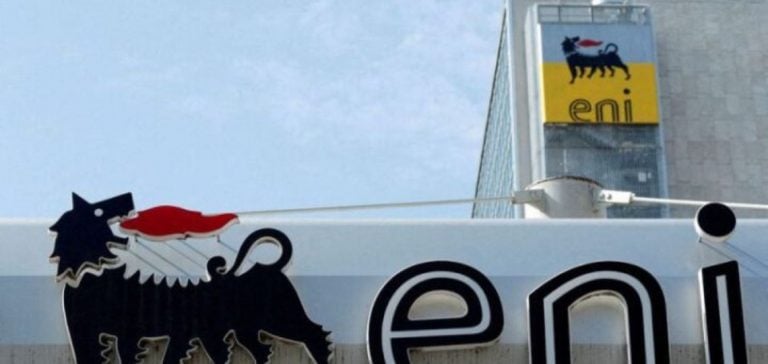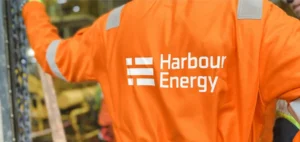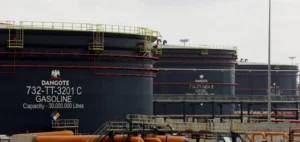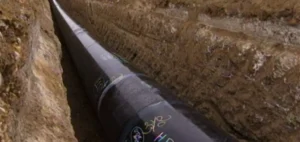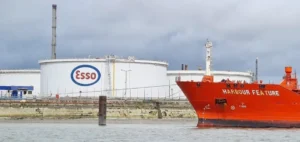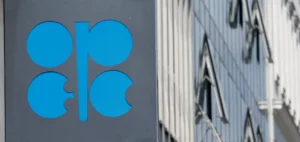Eni, the Italian oil company, is strengthening its activities in Libya by launching a new exploration campaign in the Ghadames basin.
This region, located in the north-west of the country, is renowned for its significant oil potential, but remains largely under-exploited.
Eni aims to discover and exploit new deposits to increase its hydrocarbon production in Libya.
This initiative comes despite the challenges posed by the country’s continuing political instability. The Ghadames Basin covers an area of around 390,000 km² and is considered one of Libya’s most promising onshore areas in terms of hydrocarbon reserves.
In May 2023, Libya’s state-owned National Oil Corporation (NOC) announced the discovery of a new field in this region.
This discovery strengthened Eni’s interest in intensifying its exploration efforts in the basin.
Eni’s strategic objectives in Libya
Eni is looking to monetize untapped oil resources estimated at over one billion barrels in the Ghadames Basin.
The company is focusing its activities on exploration zones A and B, where it plans to carry out seismic surveys and exploratory drilling.
These efforts are part of Eni’s overall strategy to strengthen its position in North Africa.
Despite the political and security challenges in Libya, Eni is maintaining its presence in the country, where it currently produces around 62 million barrels of oil equivalent per year.
The company considers Libya a key market and continues to invest in the development of its local assets.
Its commitment is also reflected in strengthened partnerships with the NOC to optimize production and explore new opportunities.
Challenges linked to political instability
The political situation in Libya remains complex, with persistent tensions affecting the oil sector.
Internal conflicts are causing disruption to production, which fell by over 50% last month.
This instability represents a risk for foreign oil companies’ investments and operations.
Eni must navigate this uncertain environment while pursuing its strategic objectives.
The company is counting on a gradual improvement in the situation to realize the full potential of its projects.
The $8 billion gas agreement signed with the NOC at the beginning of the year testifies to its determination to make a long-term commitment to Libya, despite the current challenges.
Offshore exploration prospects
In parallel with its onshore activities, Eni plans to launch an offshore drilling campaign in the Sirte basin by the end of 2025.
This initiative aims to diversify its production sources and exploit Libya’s offshore potential.
The Sirte Basin is known for its rich hydrocarbon reserves, making it a strategic target for the company.
The combination of onshore projects in the Ghadames Basin and offshore projects in the Sirte Basin could enable Eni to significantly increase its production in Libya.
This integrated strategy reflects the company’s commitment to developing its activities in the country while contributing to the strengthening of the Libyan energy sector.
Eni’s continued commitment to Libya illustrates the company’s confidence in the country’s energy potential, despite the current challenges.
By developing key projects such as prospecting in the Ghadames basin and offshore exploration, Eni seeks to consolidate its position in North Africa.
The success of these initiatives will, however, depend on the evolution of the political situation and the stability of the Libyan oil sector.


